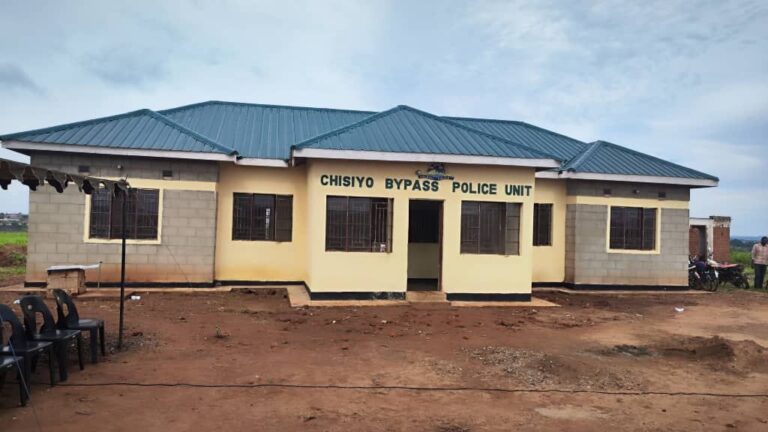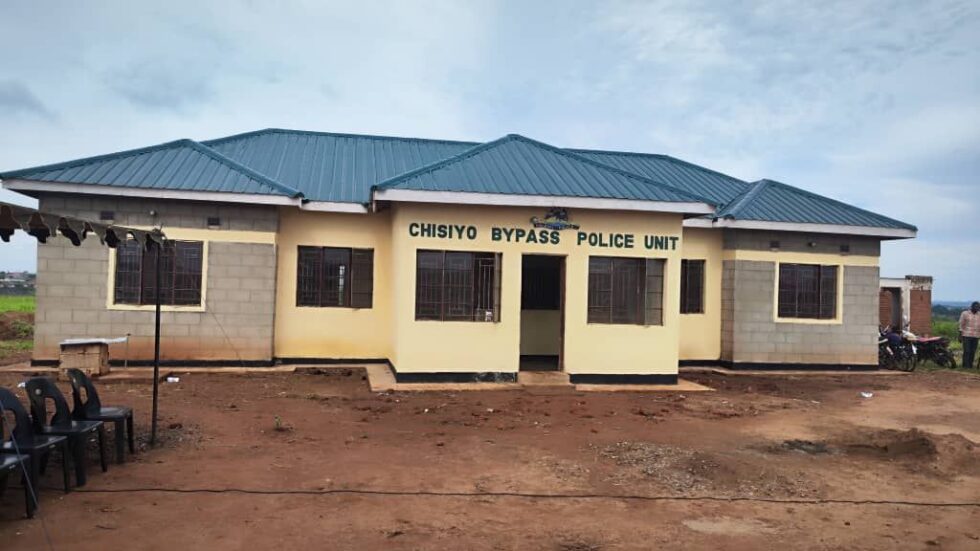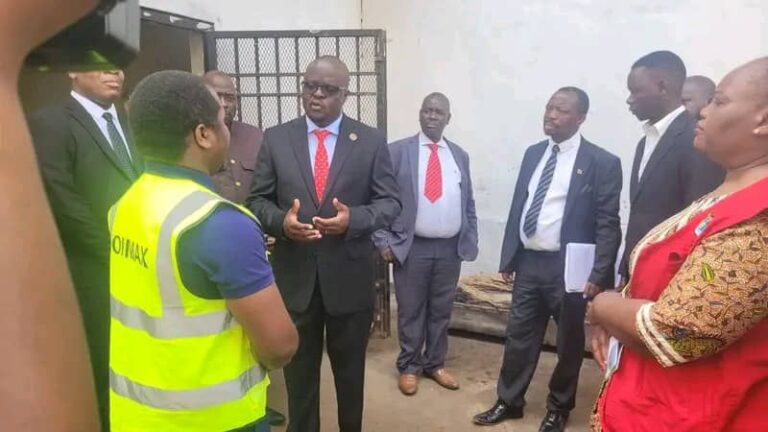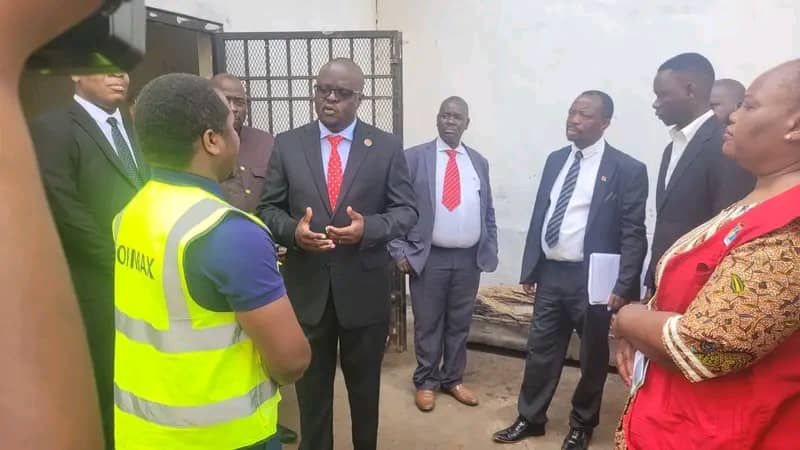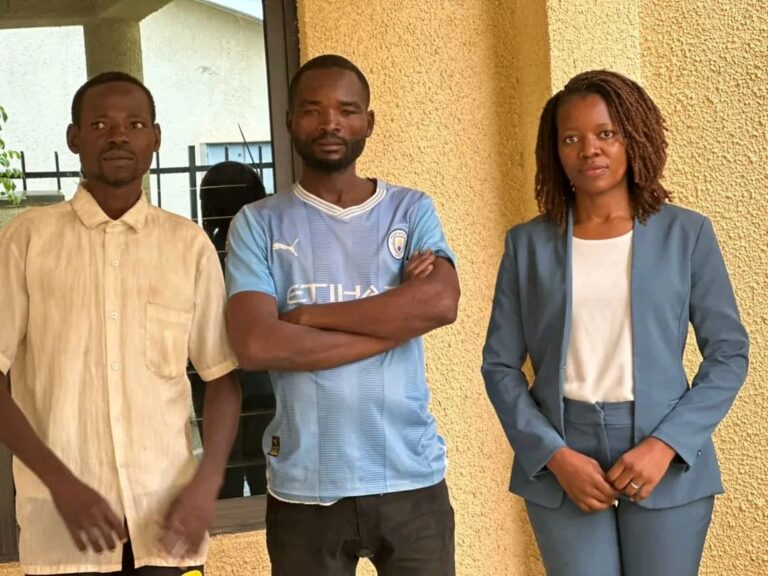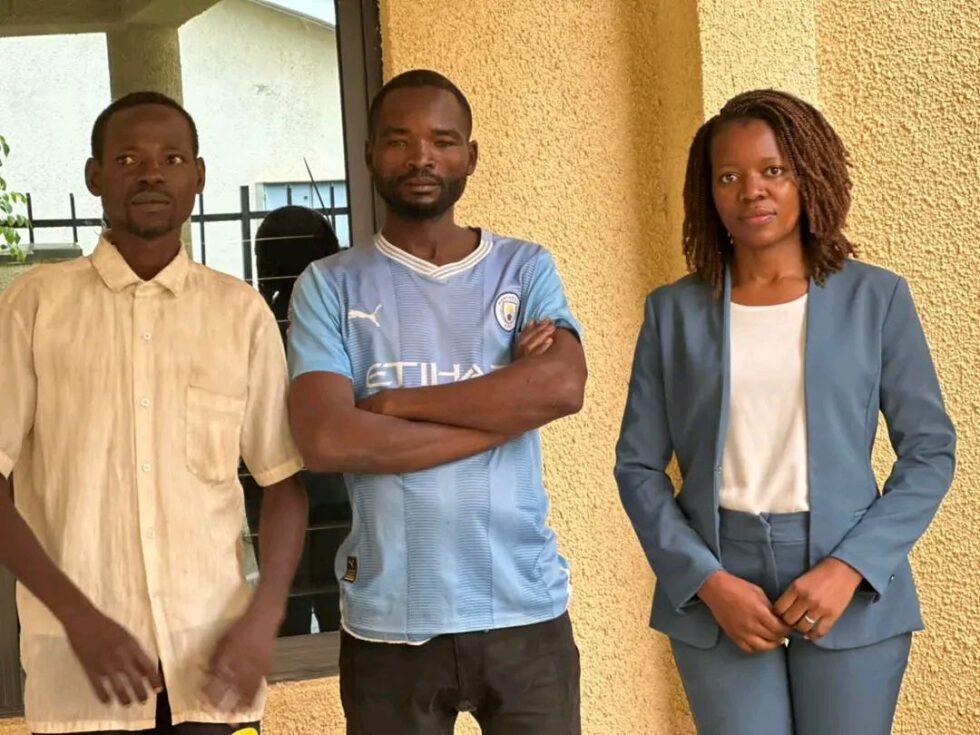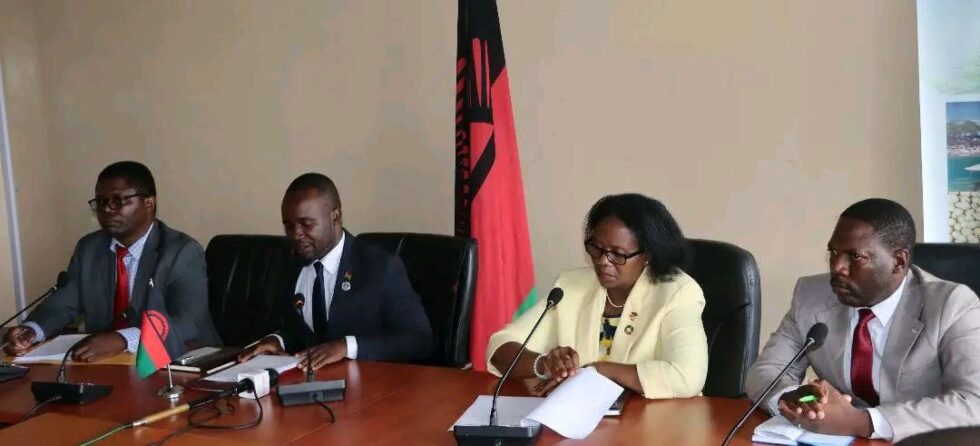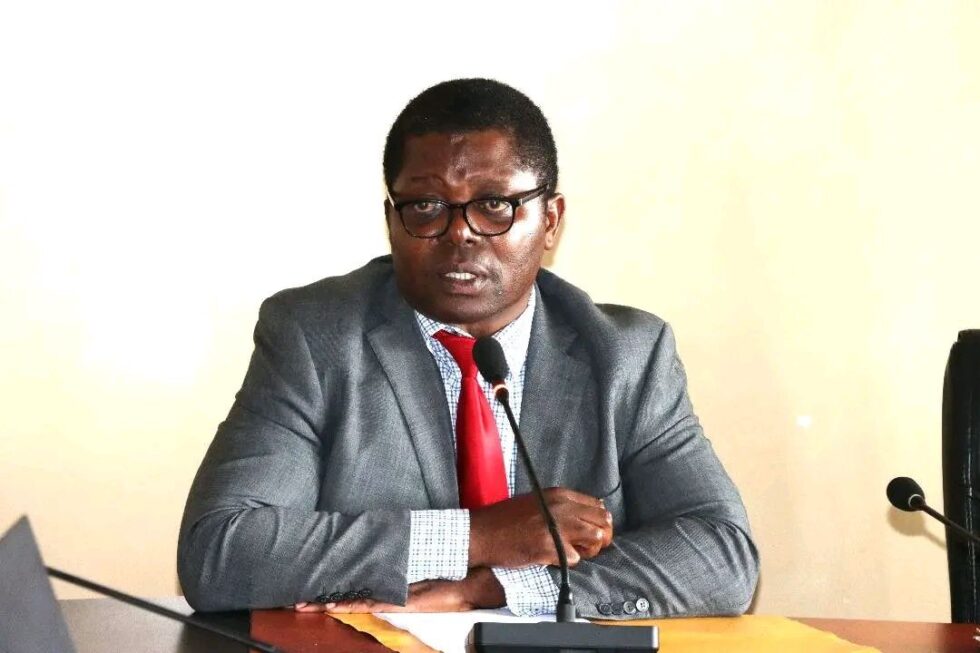By Burnett Munthali
In a groundbreaking determination, Ombudsman Grace Malera has taken a decisive stand against irregularities within the Anti-Corruption Bureau (ACB), declaring that Hillary Chilomba and Oscar Taulo are unfit for any future roles at the institution. Malera’s findings have not only exposed flaws in their recruitment process but have also highlighted their failure to meet the legal qualifications required under the Anti-Corruption Act.
This bold decision followed an in-depth investigation into the recruitment of Chilomba and Taulo, where Malera uncovered significant breaches in procedure. According to her, the duo’s appointments were marred by irregularities that rendered the entire process both unlawful and invalid. In her determination, Malera went further to state that even if their recruitment had followed a lawful and transparent process, Chilomba and Taulo still would not have met the basic legal criteria for employment at the ACB.

The Anti-Corruption Act, which governs the operations and staffing of the ACB, sets strict requirements to ensure that only individuals with the highest levels of integrity, competence, and qualifications serve in the bureau. By ruling Chilomba and Taulo unfit, Malera has sent a strong message: there is no room for malpractice, mediocrity, or unqualified personnel in an institution tasked with rooting out corruption.
The Ombudsman’s determination comes at a time when public confidence in the ACB has been dwindling due to concerns over its ability to carry out its mandate effectively. High-profile corruption cases have dominated headlines, often raising questions about the competence and impartiality of the bureau. Malera’s decision could serve as a pivotal moment in the quest to restore credibility to the institution. By calling out irregularities and enforcing accountability, she has underscored the importance of integrity within organizations entrusted with safeguarding public resources.
This determination also puts other public institutions on notice, signaling that recruitment malpractice will no longer be tolerated. It underscores the need for transparency and adherence to legal frameworks in all public appointments, especially in agencies critical to the fight against corruption.
The public and stakeholders in governance will undoubtedly be watching closely to see what steps are taken next. Will the ACB use this moment to reflect and implement reforms to strengthen its operations? Or will this decision spark resistance from individuals and factions unwilling to embrace change? These questions remain unanswered, but Malera’s ruling has undoubtedly set a new tone for accountability in Malawi’s public service.
As the dust settles on this decision, it is clear that the fight against corruption is far from over. The removal of unfit individuals is only the first step; the challenge now lies in ensuring that the recruitment of their successors adheres to the principles of fairness, legality, and competence. Only then can the ACB hope to regain public trust and effectively carry out its mission to combat corruption at all levels of society.
For now, Malera’s determination serves as a reminder that the fight against corruption begins within the very institutions charged with leading that battle. It is a call to action for all stakeholders to demand higher standards of integrity and professionalism in public service. Only by upholding these values can Malawi move closer to a future free of corruption.


